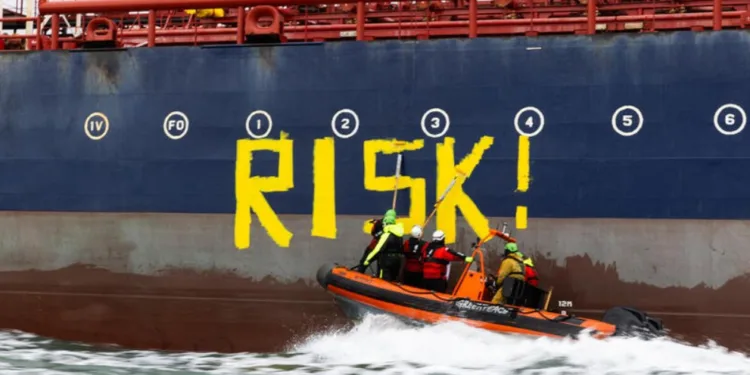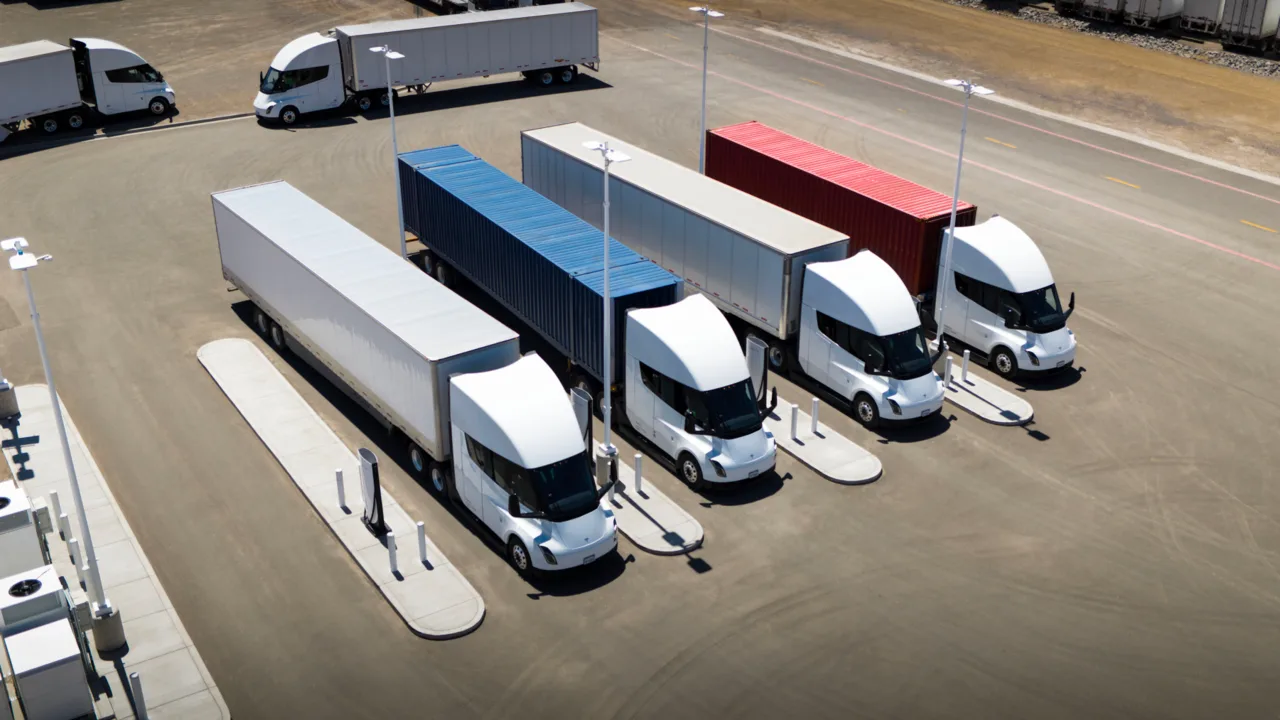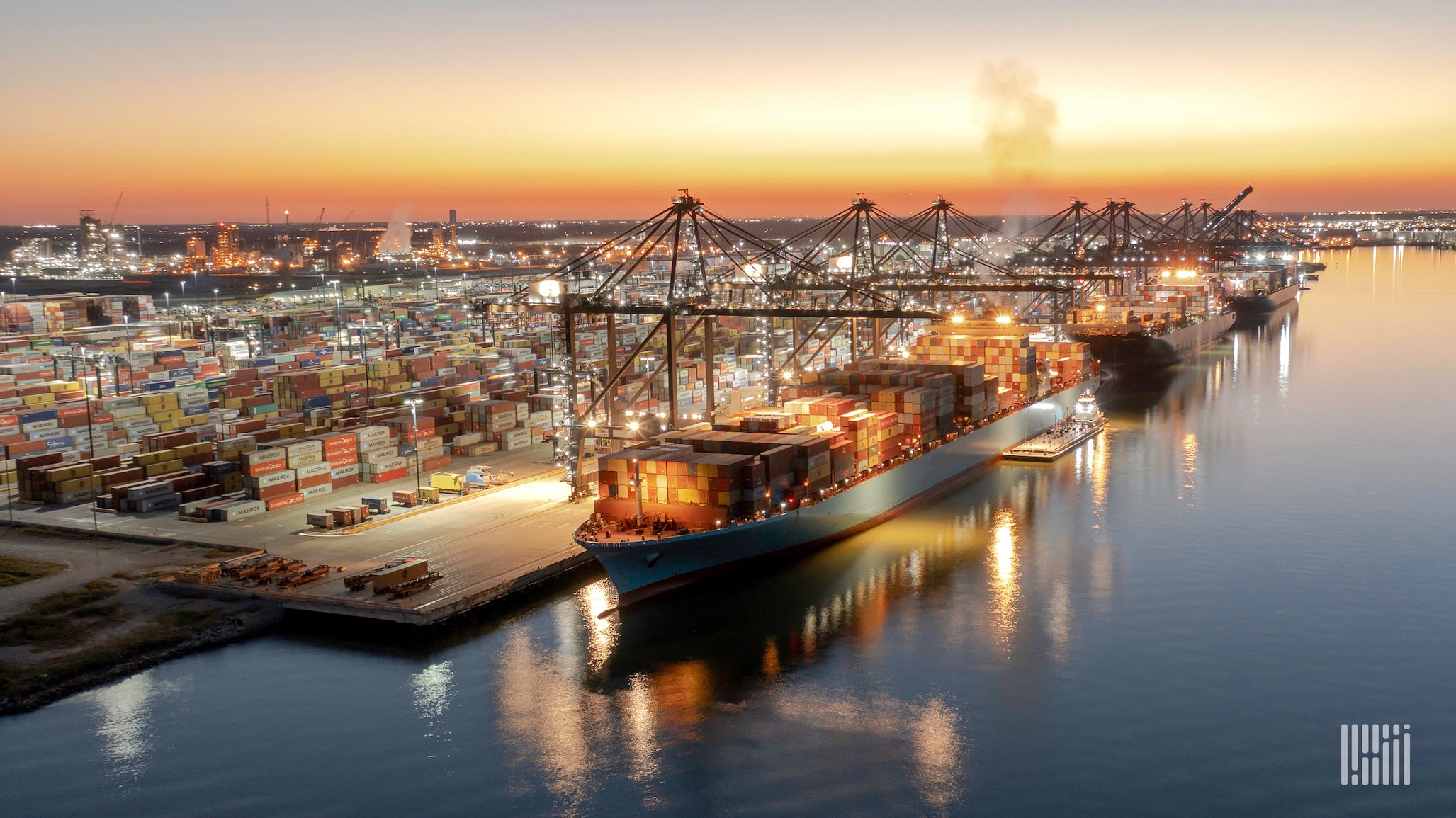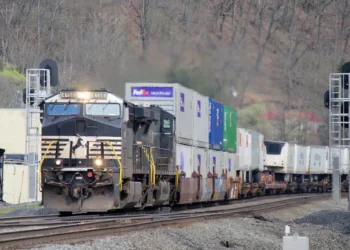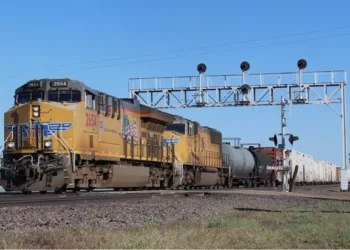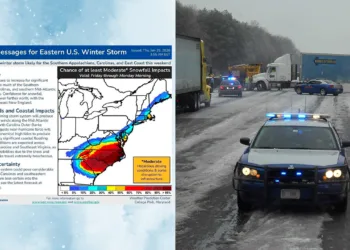Norwegian authorities will require foreign-flagged tankers operating within the country’s economic zone to disclose their insurance arrangements starting August 11.
The new rule, announced by Norway’s coastal administration, is part of a broader push to enhance maritime safety and environmental protection amid mounting concerns over the growing presence of shadow tankers in northern European waters.
The regulation compels tanker operators to provide evidence of valid insurance coverage, including details on P&I arrangements, as a condition for entry into Norway’s exclusive economic zone (EEZ). Authorities warned that failure to comply could result in refusal of access or potential detention.
The move aligns Norway with an emerging trend across Western maritime nations seeking greater transparency in the wake of surging tanker movements linked to sanctioned oil trades, particularly from Russia. Many littoral states along the North and Baltic Seas have enacted similar insurance checks in recent months over safety concerns about the ageing shadow fleet as well as a number of Russian and Chinese vessels accused of subsea sabotage.
“The government takes the challenges associated with the shadow fleet seriously. This type of traffic poses an increased risk to both the environment and safety at sea, while also helping to finance Russia’s illegal warfare,” said Norway’s minister of fisheries and ocean policy Marianne Sivertsen Næss.
Four people—a Russian, a Bulgarian, and two Norwegians—were charged in March with forging documents and running an unauthorised insurance operation in Oslo. RO Marine was uncovered by NRK, Norway’s state broadcaster, to have been issuing forged insurance documents to help vessels within the shadow fleet sail around the world.
Windward, an Israeli maritime analytics platform, has identified around 1,900 ships as part of the dark fleet. Windward data shows that 40% of Iran-trading tankers and 30% of Russia-trading tankers in the dark fleet are now using fraudulent registries, signalling false flags or whose flag status is unknown.
The shadow fleet’s ageing profile is also alarming. At an average age of 20.2 years according to data from broker BRS, shadow tankers are significantly older than the mainstream average of 15 years.
Data from S&P Global Market Intelligence at the start of the year showed that more than 80% of the shadow fleet do not have confirmed insurance.



